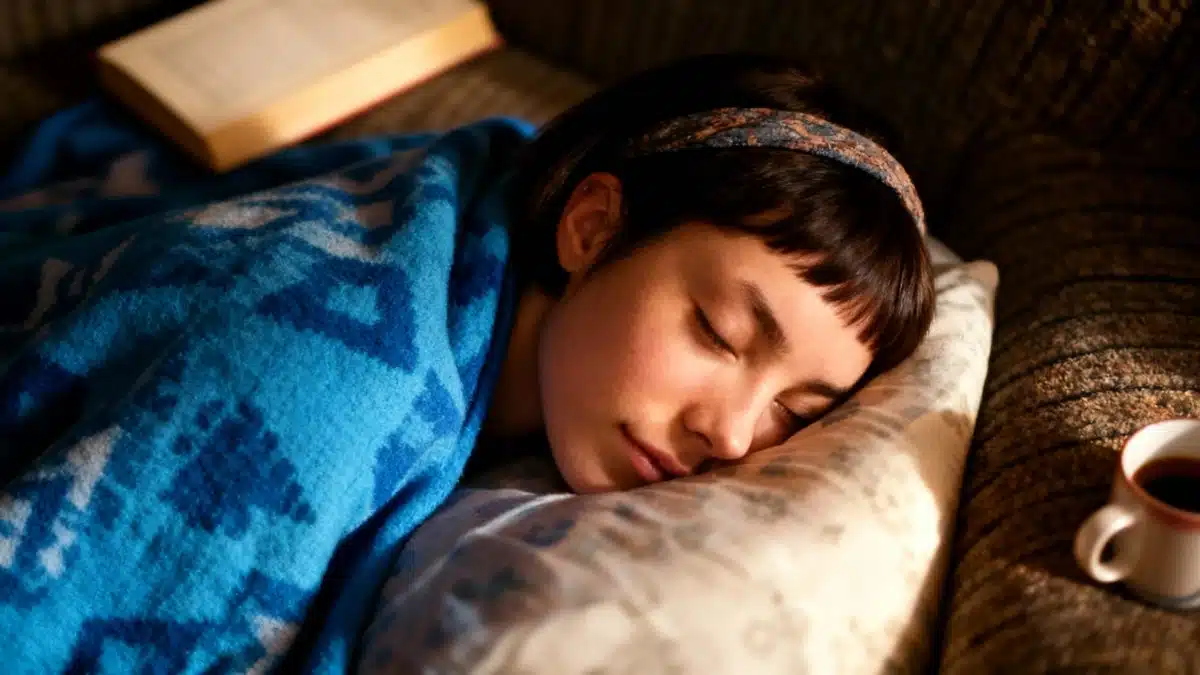1. Beware of Stimulants: Caffeine and Company
- Tea, coffee, and other pick-me-up drinks aren’t as harmless as you might think, especially after 4pm. Packed with caffeine, they can push back your bedtime and leave you tossing at night.
- When it comes to tea, Gruman suggests opting for something without caffeine—think herbal teas or infusions—to truly wind down.
2. All That Fat: Rich and Greasy Foods
- Fried foods, chips, butter, cream, cheese, red meat, deli meats—these deliciously rich options might taste good, but they’re a nightmare for both your digestion and your shut-eye.
“Because of their high fat content, these foods require a lot of energy from the body to digest. Eating them will delay falling asleep and worsen sleep quality,”
explains Gruman.
- To top it all off, high-fat foods also contribute to weight gain—not exactly what you want from your midnight snack.
3. The Alcohol Trap
- There’s a popular belief that alcohol helps you sleep, but it actually acts as a stimulant. Instead of lulling you to dreamland, it delays sleep onset and disrupts sleep quality.
- In excess, alcohol increases restlessness, nightmares, and nighttime awakenings because the brain never gets to properly rest.
“Alcohol can also worsen some sleep disorders such as apnea, insomnia, and snoring,”
adds Gruman.
4. Other Foods to Watch: Chocolate and Heavy Proteins
- Chocolate lovers, brace yourselves: chocolate contains theobromine, a substance similar to caffeine. It’s great for an energy boost at noon, but as a pre-bed treat, it can sabotage both the quality and amount of your sleep.
- Large, protein-heavy meals are also best avoided at night. Proteins take a long time to digest.
“Though they support long-term satiety, protein is heavy on the digestive system, which makes it harder to fall asleep,”
says Gruman.
The Right Evening Fuel
Gruman points out that eating pasta and other complex carbs—like potatoes or rice—in the evening can actually help you sidestep those late-night cravings. Slow-release carbohydrates also help with the production of serotonin, the precursor to melatonin, our beloved sleep hormone. But a word of caution:
“Be careful not to overdo the portions, or it’ll be too much for your digestion,”
warns the specialist.
His recommendation? Keep portions moderate in the evening. Opt for a light meal—maybe a soup with a protein source and a spoonful of pasta thrown in for easy digestion. Foods high in tryptophan, an amino acid found especially in dairy products, are also recommended since tryptophan is a precursor to melatonin.
In short: for a restful night, lighten up your evening meals and ease up on anything fatty, caffeinated, or boozy. Your future well-rested self will thank you.

John is a curious mind who loves to write about diverse topics. Passionate about sharing his thoughts and perspectives, he enjoys sparking conversations and encouraging discovery. For him, every subject is an invitation to discuss and learn.





